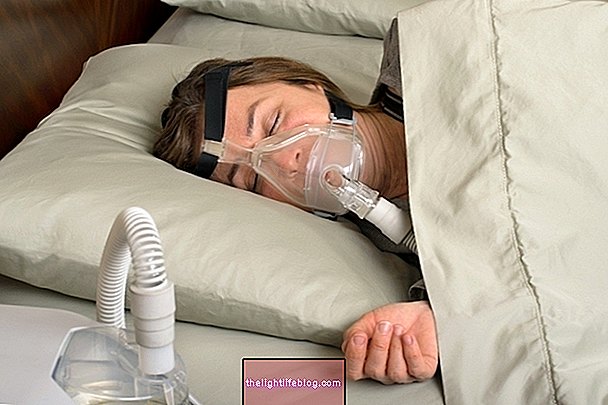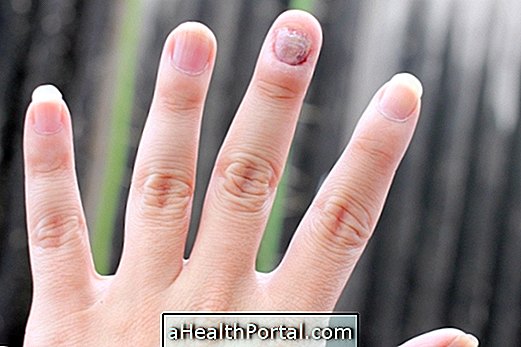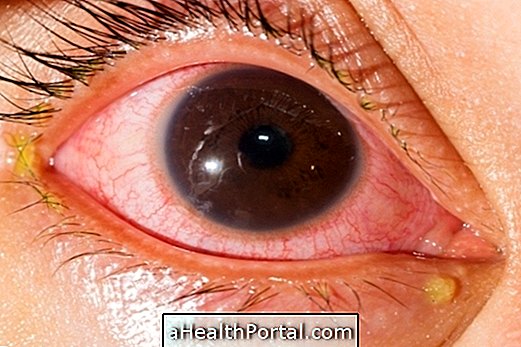Treatment for chronic rhinitis uses a number of methods ranging from medications to individual and natural preventive measures to prevent the onset of allergic attacks.
Before any treatment the otorhinolaryngologist should be consulted, so that a specific intervention plan is made for the case of each patient.
Treatment for chronic rhinitis may include:
- Antihistamines : Antihistamines are the most frequently used medications in the treatment of chronic rhinitis. They considerably reduce coughing and sneezing crises.
- Corticosteroids : Also known as cortisone, corticosteroids are more effective than antihistamines, acting as anti-inflammatory and decreasing symptoms of the disease.
- Anticholinergics : This type of medication reduces coryza, but has no effect on the other symptoms of chronic rhinitis.
- Decongestants : Decongestants provide better breathing because they reduce nasal congestion, but this type of medication should be used with caution due to side effects such as increased pressure, insomnia and headaches.
- Nasal washings : Nasal cleaning is essential, and can be done with saline solution. This technique decreases the irritation of nasal mucous membranes and the proliferation of bacteria.
- Surgery : In more severe cases, such as permanent nasal obstructions, the most appropriate treatment is surgery, which may consist of removing the injured tissue.
Preventive measures to avoid crises of chronic rhinitis include simple care, which is determinant for the quality of life of the subject, such as: Keep the room clean and airy, maintain good nasal hygiene, avoid any kind of pollution such as smoke cigarette or car exhaust, for example.
























